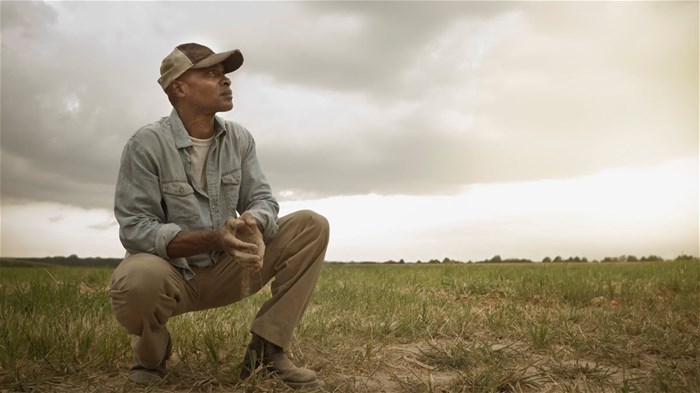
Related




#BestofBiz 2025: Agriculture
17 Dec 2025

National vaccination of cattle a good move
Wandile Sihlobo 15 Dec 2025

Top stories






More news












This concerning situation is rooted in emerging farmers’ already vulnerable position, says BeyondCovid co-founder Etienne van Wyk. "Small growers largely rely on sidewalk food stalls and fresh produce markets, as well as direct trade with corner shops, spaza stores, other SMMEs, schools, crèches, and NGOs.
"When we went into hard lockdown, with all the restrictions, they lost access to those markets. Because they don’t have the financial buffers large companies have, they were hit severely and are still struggling."
"What doesn’t help is that many SMME off-takers of emerging farmers have been affected by the pandemic. The above-mentioned BeyondCovid Business Survey has revealed that 54% of all small businesses surveyed were still operating below capacity. "This impacts severely on emerging farmers, considering that SMMEs account for half their demand," says van Wyk.
What makes the above-mentioned situation bitter-sweet, is that last year could have been an excellent farming year due to favourable weather conditions, sufficient rainfall, and the fact farming was hailed as one of the essential services. The situation is a major problem as this affects everyone, says Fay Mukaddam, BeyondCovid chairperson.
"Emerging farmers, like other SMMEs, are important job creators, especially in rural and peri-urban areas where jobs are already scarce. When these ventures struggle, people struggle and with that the government’s social security network."
The status quo also has consequences for our country’s food security levels, especially in townships and other vulnerable areas. "The bulk of the South African population relies on fruit, vegetables, and other products produced and sold by emerging farmers, such as sidewalk stalls and fresh produce markets. If small farmers suffer, then their customers suffer, too," notes van Wyk.
These and other issues were highlighted during BeyondCovid’s very first online Making Emerging Farmers Bankable Summit. A key solution that was discussed involved organising emerging farmers and established agriculture corporations in so-called SMME Collectives. These structures are based on similar and tried-and-tested enterprise development models funded by organisations such as the National Treasury’s Jobs Fund and the World Bank.
"They are a win-win situation for everyone. Smaller farmers win because these structures provide them with a sustainable market, thus more income," explains Van Wyk. "Poor access to markets and funding are key problems SMMEs face. The agricultural corporates (co-ops) benefit in the form of a steady supply of different products, meaning they can service larger markets and more customers."
Another major advantage for emerging farmers is that being aligned with large export corporations helps them become export-ready, allowing them to sell their products overseas. “There is an enormous demand for quality agricultural products internationally," says Jaques Hugo from Agriqua GWK, one of the speakers during the Summit. He refers to research stating that the world needs to produce 50-70% more food by 2050 to satisfy its growing population.
"At the moment, emerging farmers can’t tap into this lucrative market because they do not have the practical and financial resources to scale, grow and improve their production and quality," adds Hugo.
Mukaddam hopes the first Making Emerging Farmers Bankable Summit will mean a new start for South Africa’s smaller farmers and the entire agricultural sector.
"May this tickle the interest of providers of development grants and affordable commercial credit, as well as local and international development funding institutions, corporate social responsibility sponsors, commercial financiers, and national governments. All of them have a crucial contribution to make in growing our emerging farmers’ community."